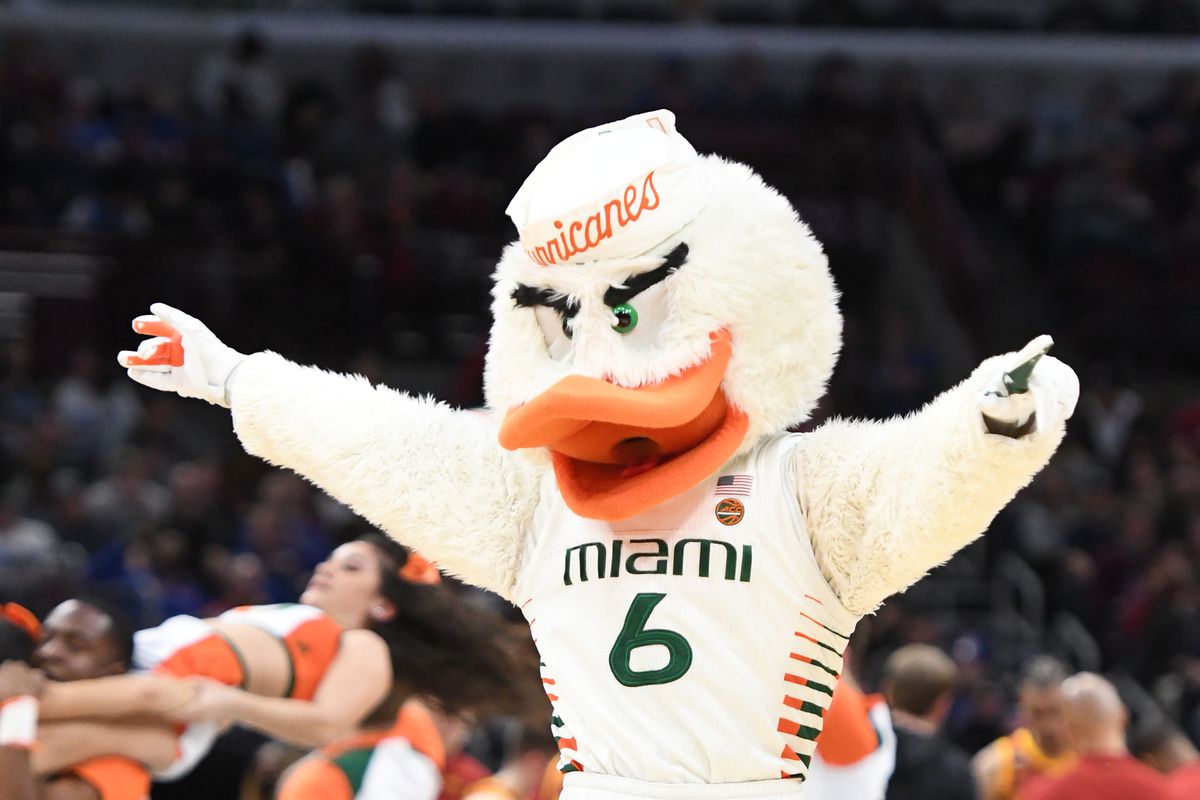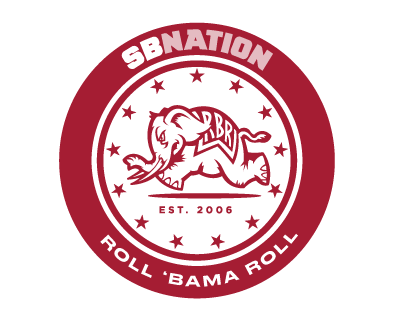
Most of the focus on the NIL sham is presently happening in college football. Jimbo Fisher’s $25 million incentivized pay-for-play class opened the seal on the malodorous jar of NIL rot. And then Lincoln Riley’s tampering with scholarship athletes enrolled at other universities spilled that foul pudding all over the carpet last week.
Hell, even boosters are outright admitting they’re paying-for-play:
“What I’ve learned is, everybody is doing it now,” says Hugh Hathcock, an auto industry innovator who is worth a half-billion dollars and recently started a collective at the University of Florida, Gator Guard, by donating $1 million of his own money. “The landscape is, if we [Florida fans] don’t get the money, we’re going to lose players. No matter how well a kid likes Florida, if a school comes in at the last minute and says ‘We are going to pay you $100,000’ and we have $10,000, they’re gone.
“That ain’t gonna cut it if you’re competing against [Texas] A&M, Alabama and Georgia.”
But, lost in all this, is what I think is going to be a far more insidious trend in the near future: Players using their displeasure with NIL revenues to extort universities, coaches, and boosters at a university they’re already attending.
This isn’t pay-for-play in the recruiting process; nor is it the hundred-dollar handshake. This is something far different, far more resonant in bad faith, far more disruptive: “Pay me more or I’m transferring — pay-for-continued-play.”
Don’t believe this could happen so openly and brazenly? It’s already playing out in Miami. And of course it involves basketball, the cesspit of college athletics
—
To understand where this originates, you first have to know a little bit about Miami’s NIL scheme. As a private university not subject to state oversight or sunshine laws, The U enthusiastically dove head-first into the brave new corrupt landscape, ready to spread as much sleaze as possible (some things never change in Coral Gables).
To enable paying for their rosters, a group of megawealthy boosters (and one in particular) were willing to create sham “endorsements” for a $32.6 billion publicly-traded company that signed some UM athletes to jaw-dropping deals. The founder of LifeWallet is worth $20 billion and, in fact, has pledged to sign at least 110 athletes and set aside $10 million for “NIL.”
If that sounds like a salary cap, you’re not far off.
“The avalanche of NIL activity Ruiz has spearheaded for Miami athletes technically qualifies the billionaire as a director because this is one deep-pocketed individual creating deals for athletes. But we’d be remiss if Ruiz were not included on this list because of his sheer impact in shaping the contours of the space.
Ruiz has allocated $10 million to spend on compensating student-athletes because he wants the Hurricanes to win. He has worked to sign more than 110 active Miami athletes to marketing deals to promote two of his companies, LifeWallet and Cigarette Racing, the Miami Herald has reported.
Nijel Pack, who recently transferred from the Kansas State men’s basketball team to Miami, agreed to a LifeWallet deal that will give him $800,000 total over two years plus the use of a car.
Even the toothless, impotent NCAA found Miami’s brand of NIL a bit on the scuzzy side, and launched investigations into the Hurricanes.
But what happens when, as Nick Saban says, news of these NIL deals become known and creates a “caste system” within your program — entire groups of haves and have-nots? Such is the case with LifeWallet, incoming Hurricanes basketball player Nijel Pack, and current upperclassman guard Isaiah Wong.
—
Nijel Pack was a standout guard at Kansas State, averaging 17.4 points a game. Seeing more money to be made outside of the Little Apple, he jumped into the portal. Shocking no one, he went to the highest bidder — Miami, to join the Canes dangerous backcourt that rode its hot shooting into the Elite 8. Part of Pack’s incentive structure to come to Miami was a two-year, $800,000 dash of sugar, with a car thrown in for good measure. The origin of that “opportunity?” — LifeWallet, of course.
The problem was, Pack isn’t the only guard back there. Pack was entering a team already led by veteran Isaiah Wong, who put up close to the same numbers as Pack in 2022 — 15.7 PPG and 2 APG. In fact, Wong was even a bit more aggressive of a rebounder and better ball distributor. And, like Pack, Wong was also signed to a deal with LifeWallet. However, Wong’s deal would turn out to be nowhere near as lucrative: “just” $100,000 and no car.
Wong seeing Pack’s deal, figured that he knew his value to the team — and he didn’t mean that in the leadership or productivity aspect. He very much meant that in the “salary renegotiation” sort of way. Not only did Wong threaten to transfer, he was explicit in that staying at Miami was preconditioned on getting a deal from LifeWallet similar to the one Pack received for jumping out of the Portal
So, last week, Wong issued an ultimatum through his agent — not only to the team, but to the boosters funding this mess:
“If Isaiah and his family don’t feel that the NIL number meets their expectations they will be entering the transfer portal tomorrow while maintaining his eligibility in the NBA draft and going through the draft process,” his agent, Adam Papas, told ESPN.
“Isaiah would like to stay in Miami. He had a great season leading his team to the Elite Eight. He has seen what incoming Miami Hurricane basketball players are getting in NIL and would like his NIL to reflect that he was a team leader of an Elite Eight team.”
“Understanding what John Ruiz is trying to do with the NIL space and the city of Miami, we feel the value of Isaiah Wong should meet or exceed the value of an incoming transfer...we feel the value of Isaiah Wong should meet or exceed the value of an incoming transfer.”
Ruiz then had to publicly remind Wong and his agent that Wong was already under contract, and that he expected the terms of that deal to be honored. That of course got heads turning and inquiries flying into South Beach, because this is so obviously pay-for-play, that not even a feckless NCAA could ignore it. Sensing the breath of the NCAA creeping down his neck (as well as a possible lawsuit from LifeWallet), Wong was forced to walk back those comments, saying that he would not transfer, after all. He was a ‘Cane through-and-through. It was all just a big misunderstanding.
Doubling down, Wong threw his agent under the bus, saying that he didn’t even authorize those statements. (Though, it is rather far more likely that the agent took the fall here because there’s absolutely nothing the NCAA or Florida law can do to him):
“The recent statements made without any authorization on my behalf do not reflect my views and in no way was I willing to jeopardize my relationship with LifeWallet or the University of Miami,” Wong said. “After discussing the matter with my family I was able to clarify my intentions and resolve any misunderstandings with both organizations and have since agreed to move forward with established agreements made prior to any confusion. My priority is to act with the highest level of character and integrity. Any further statements will be made by me personally.”
Thus the brief Isaiah Wong saga concluded.
But lurking under those brief facts is some really bad faith stuff. You have players and agents openly shaking down private companies into not only requiring payment to sign, but also demanding payment for continued performance. And while the NIL rules prevent the agent or player making direct contact with the school regarding these deals, it very much implicates them and certainly will drag staffs and administrations into three-party negotiations, as they beg boosters to keep the piggy bank open so that Star Quarterback or Chad Point Guard will stay on campus.
We have a very specific legal word for that, and it is not used lightly: extortion — the attempt to gain money or demand a benefit from another through the use of threats. And the act is completed not when the concusso pays up; rather, the offense is completed when the extortionist makes the demand. And I say “offense,” because in its proper legal context, it is a crime. Whether that is the case here is something for the Florida states attorneys to sort out, but the intent was as plain as the demand.
No, not every contract renegotiation is extortion, obviously: professional sports could not exist. But this is not a standard two-party contract. You can make a very strong case that what we have here is far more complex, as Miami is an intended third-party beneficiary of the LifeWallet/Wong deal. And by threatening to transfer, Wong has implicated the legal rights of the University, which almost certainly have the potential to expose him to additional civil liability — perhaps even criminal jeopardy. Do those “theft of honest services” cases from Louisville and Auburn ring a bell? They should. This is Chuck Person out in public
This was the first, but it certainly won’t be the last instance we see of this sort of blackmail. In the future you would expect this increasingly-unseemly business to be conducted under the table, away from prying eyes. However, when greed and competition mix; when coaches with millions on the line are dragged into sham endorsements; when sophisticated attorneys and agents wield the power and have a pecuniary interest at stake; then no common sense outcome can be assumed.
Common sense is not so common, after all. So, don’t be too disappointed when a variant of this shakedown comes to a campus near you.
—
Don’t worry though, folks. The NCAA has this all under control — if not from the corrupt ineptness leadership of Mark Emmert, at least through the creation of his latest buck-passing endeavor: an NIL collective task force.
That’ll surely work, right?!
—
*Your thoughts?*

Loading comments...